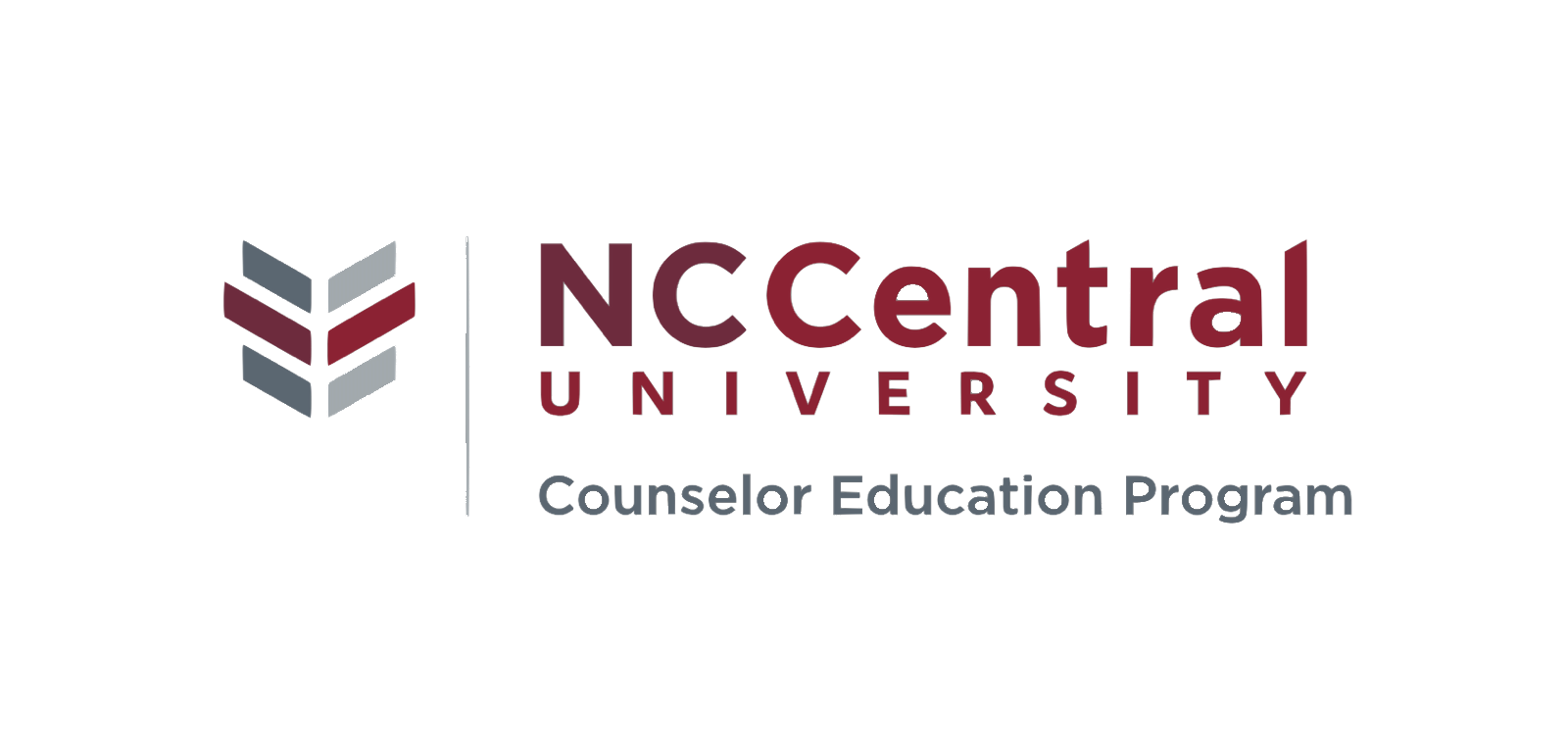June 3, 2020
In recent weeks and over many years, we have witnessed the deeply heartbreaking events happening across our communities, for example the unjust killings of African Americans and those within the African Diaspora (George Floyd, Ahmaud Arbery, Breonna Taylor, and several others). Within this pain, there has been a great sense of solidarity from individuals uniting to have their voices heard and standing up against these injustices, calling out racial inequality, systemic oppression, and engaging in racial justice and healing work. As a counseling program committed to training the next generation of culturally competent social justice counselors,
we want to first acknowledge that many of you may be sitting with a myriad of emotions related to these recent events. Know that we share in these feelings. We encourage you to connect, lean into your sources of support, and we invite those wishing a welcoming space to connect with our faculty as you feel the need. We also urge you to take advantage of the resources made available within our university community such as contacting the Counseling Center. Please also read a message from our University’s chancellor at the following link: https://www.nccu.edu/news/message-chancellor-responding-time-crisis
As counseling students aspiring to be culturally competent, and in reflecting on our multicultural and social justice counseling competencies (MSJCCs), we hope that you are examining the three areas of cultural competence: awareness (what are my beliefs, values and biases as it relates to what is going on in our nation?); knowledge (what knowledge do I need to understand the perspectives and experiences of all of those involved--regardless of their perspectives?) and skills (what culturally appropriate skills, theories, and/or techniques would I need to work with those who are involved in what is going on in our nation?). In working towards dismantling systems of racism and oppression that are happening within our communities, we want to help guide you as you reflect on ways to engage in honest dialogue, work with clients from diverse communities, and develop counseling advocacy plans rooted in social justice action. We must all work towards racial justice and healing, which we recognize can be a huge undertaking. As you engage in the learning process within our program and in your lived experiences, we wanted to share a few resources that may help you to reflect upon this work, ones that can be helpful in your counseling practices, helping clients to unpack the implications of racial injustice. We recognize this is not an exhaustive list, therefore we hope to provide more opportunities for training and dialogue throughout your time with us.
Articles
Facing the Realities of Racism: https://ct.counseling.org/2017/01/facing-realities-racism/
Race Talk and Facilitating Difficult Racial Dialogues https://ct.counseling.org/2015/12/race-talk-and-facilitating-difficult-racial-dialogues/
Hemmings, C., & Evans, A. M. (2018). Identifying and Treating Race-Based Trauma in Counseling. Journal of Multicultural Counseling & Development, 46(1), 20–39. https://doi-org.ezproxy.nccu.edu/10.1002/jmcd.12090
Prilleltensky, I. (2008). The role of power in wellness, oppression, and liberation: the promise of psychopolitical validity. Journal of Community Psychology, 36(2), 116–136. https://doi-org.ezproxy.nccu.edu/10.1002/jcop.20225
Daughtry, K. A., Earnshaw, V., Palkovitz, R., & Trask, B. (2020). You Blind? What, You Can’t See That?: the Impact of Colorblind Attitude on Young Adults’ Activist Behavior Against Racial Injustice and Racism in the U.S. Journal of African American Studies, 24(1), 1–22. https://doi-org.ezproxy.nccu.edu/10.1007/s12111-019-09445-7
Websites & Organizations
https://www.dismantlingracism.org/
https://www.racialequityinstitute.com/groundwaterapproach
Durham-based advocacy groups:
https://www.byp100.org/copy-of-chicago-1
http://durhambeyondpolicing.org/
Events, Media & Books
Racial Trauma in America: A Webinar for Mental Health Professionals
6/4, 12-1:30pm EST
https://wearemotivo.com/racial-trauma-discussion/
Coping with Racial Battle Fatigue: 6/4, 7:30pm EST on Instagram Live @sankofayoga
https://www.sankofayogacenter.com/workshops
Facing Black Trauma, with Dr. Rae Lundy
Sponsored by the Center for Black Studies, Northern Illinois University
6/4, 1:00pm CST, to register visit: https://niu.az1.qualtrics.com/jfe/form/SV_0TCLp34FAkekTMF
The Racial Healing Handbook https://www.goodreads.com/book/show/43319546-the-racial-healing-handbook
Race and equity resources for school counselors: https://www.schoolcounselor.org/school-counselors/professional-development/learn-more/race-and-equity-resources
Lee, C. C., Baldwin, R., Mamarà, S. M., & Quesenberry, L. (2018). Counselors as agents of social justice. In C. C. Lee (Ed.), Counseling for social justice., 3rd ed. (pp. 3–20). American Counseling Association Foundation.
Children’s books to support conversations on race, racism, and resistance: https://blog.usejournal.com/31-childrens-books-to-support-conversations-on-race-racism-and-resistance-9dbabc28360e
Racial equity resource guide: https://www.racialequitytools.org/resourcefiles/Racial_Equity_Resource_Guide.pdf
NCORE (National Conference on Race and Ethnicity in American Higher Education) Webinar Series: https://www.ncore.ou.edu/en/webinar-series/on-demand/
Trevor Noah’s statement: https://www.youtube.com/watch?v=g7Is0AQtUZ4



